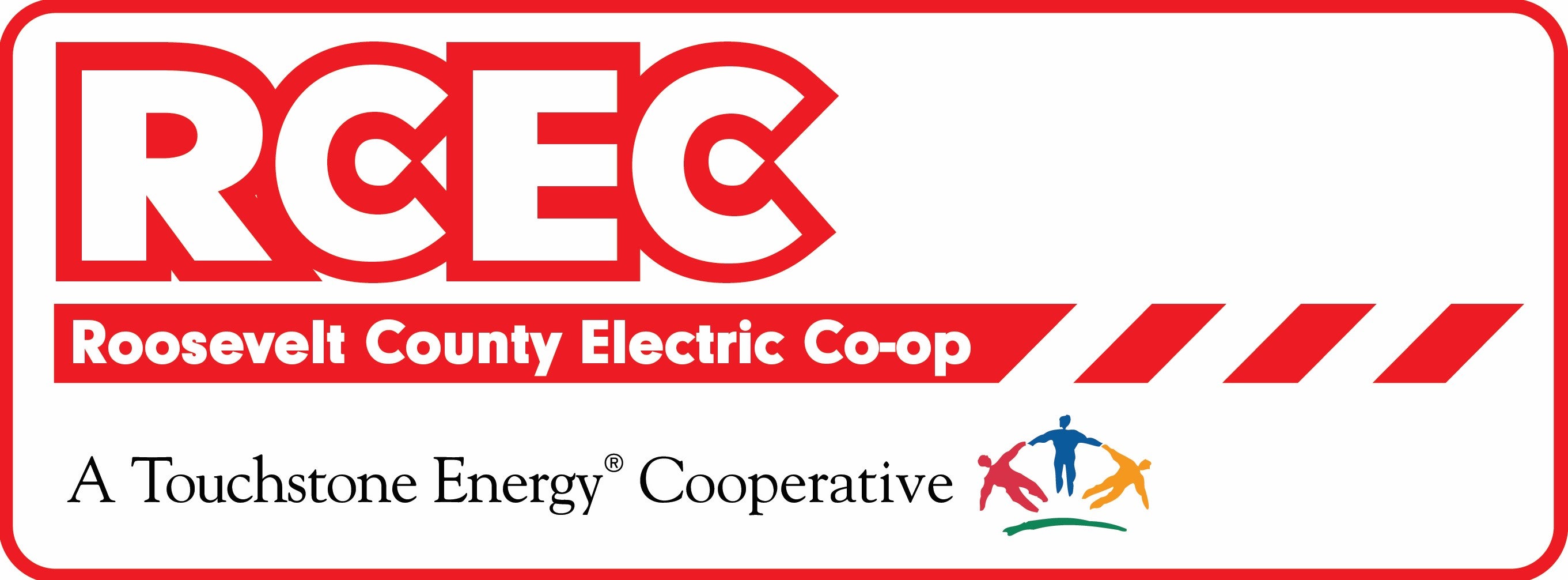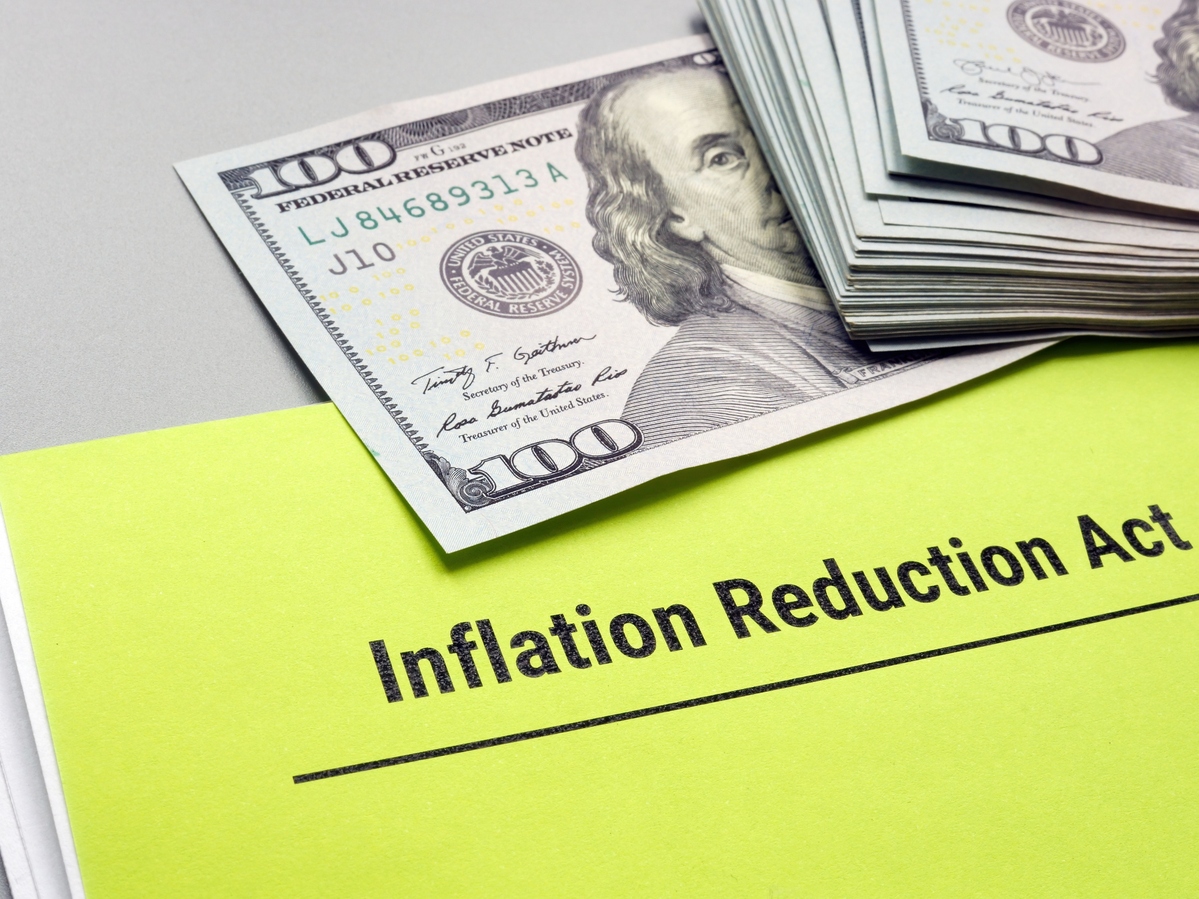The Inflation Reduction Act of 2022 (Public Law 117-169) created and expanded a variety of financial incentives for energy efficiency, renewable energy and clean transportation. Here's an overview of what's available and how it can impact your business.
Energy efficiency
Energy Efficient Commercial Building Tax Deduction, available under Section 179D of the Internal Revenue Code, was expanded under the IRA.
The deduction is designed to help cover the cost of installing qualified energy property that reduces building energy use by at least 25% over the applicable ASHRAE standard. Qualified installed property includes interior lighting, HVAC and hot water systems and the building envelope.
The amount of the deduction is equal to the lessor of the cost of the installed energy property or the savings per square foot calculated as follows:
- $0.50 per square foot for a building with 25% energy savings
- Plus $0.02 per square foot for each percentage point of energy savings above 25%
- Up to a maximum of $1.00 per square foot for a building with 50% energy savings
Higher deductions may be available for projects that meet certain wage and labor requirements.
Renewable energy
The Investment Tax Credit (ITC) allows businesses to deduct a percentage of the cost of renewable energy systems from their federal taxes. The IRA made several significant changes to this tax credit, including expanding the eligible technologies, extending the expiration date and providing for new bonus credits.
The IRA extended the tax credit of 30% of installed costs of qualified projects through at least 2025. Qualified projects include solar, wind, geothermal systems, energy storage systems and more. Projects may also be eligible for bonus credits if they are located in qualified energy communities, low-income communities or meet specified domestic manufacturing requirements. There is also a Production Tax Credit alternative for systems that may be larger or located in high solar exposure areas, or if it's more beneficial to take the tax credit over the life of the system.
For systems placed in service on or after Jan. 1, 2025, the IRA created the Clean Electricity Investment Tax Credit to replace the current ITC.
Clean transportation
The federal tax credit for electric vehicle (EV) charging stations expired at the end of 2021. The IRA changed all that, expanding the credit and extending it through 2033.
What does that mean for your business? If you install EV charging stations or EV charging equipment before 2033, you may be eligible for tax credits of up to 30% of the total cost of equipment and installation, subject to a limit of $100,000 (the previous limit was $30,000). Eligible projects must meet specific demographic requirements and labor standards.
Tax credits for the purchase of electric vehicles were also extended. The tax credit will cover up to 30% of the purchase price of an electric vehicle, up to a limit of $7,500 for vehicles up to 14,000 pounds and $40,000 for vehicles over 14,000 pounds. Eligible vehicles must meet specific battery capacity standards.
For more information, see Credits and Deductions Under the Inflation Reduction Act of 2022 from the U.S. Internal Revenue Service. See the Database of State Incentives for Renewables & Efficiency or DSIRE Database for information about any state or local incentives that may be available in your area.

